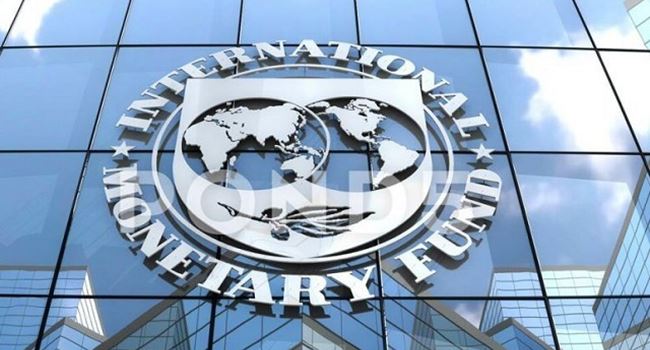News
IMF raises alarm on Nigeria’s economic challenges, calls for urgent action

The International Monetary Fund (IMF) on Sunday painted a stark picture of Nigeria’s economic situation, highlighting the country’s “difficult external environment” and “wide-ranging domestic challenges.”
The body in a statement, titled “IMF Executive Board Concludes Post Financing Assessment with Nigeria,” emphasized the scarcity of external financing, both from markets and official sources, further exacerbated by rising global food prices due to conflict and geopolitical tensions.
Read More: Pedestrians crossing highways to be prosecuted, Lagos govt vows
It reads, “Nigeria faces a difficult external environment and wide-ranging domestic challenges. External financing (market and official) is scarce, and global food prices have surged, reflecting the repercussions of conflict and geo-economic fragmentation.
“Per-capita growth in Nigeria has stalled, poverty and food insecurity are high, exacerbating the cost-of-living crisis. Low reserves and very limited fiscal space constrain the authorities’ option space. Against this backdrop, the authorities’ focus on restoring macroeconomic stability and creating conditions for sustained, high and inclusive growth is appropriate.”
Despite the bleak outlook, the IMF acknowledges the Nigerian government’s focus on “restoring macroeconomic stability and creating conditions for sustained, high and inclusive growth” as the right approach.
Join the conversation
Support Ripples Nigeria, hold up solutions journalism
Balanced, fearless journalism driven by data comes at huge financial costs.
As a media platform, we hold leadership accountable and will not trade the right to press freedom and free speech for a piece of cake.
If you like what we do, and are ready to uphold solutions journalism, kindly donate to the Ripples Nigeria cause.
Your support would help to ensure that citizens and institutions continue to have free access to credible and reliable information for societal development.
























